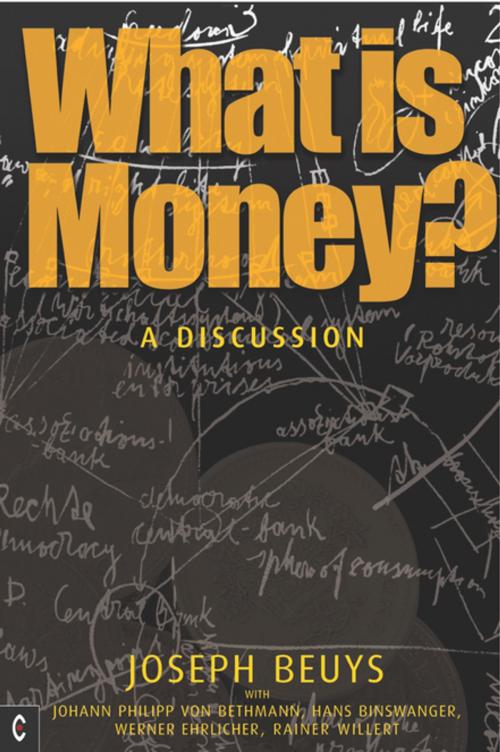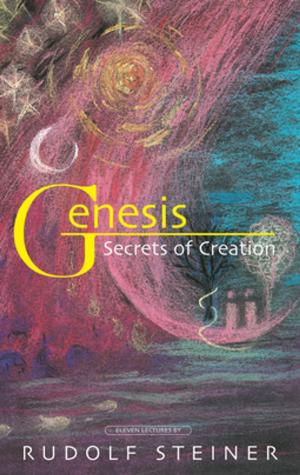What is Money?
A Discussion Featuring Joseph Beuys
Business & Finance, Economics, Theory of Economics, Nonfiction, Art & Architecture, General Art| Author: | Joseph Beuys, Ulrich Rosch | ISBN: | 9781905570553 |
| Publisher: | Rudolf Steiner Press | Publication: | December 10, 2012 |
| Imprint: | Clairview Books | Language: | English |
| Author: | Joseph Beuys, Ulrich Rosch |
| ISBN: | 9781905570553 |
| Publisher: | Rudolf Steiner Press |
| Publication: | December 10, 2012 |
| Imprint: | Clairview Books |
| Language: | English |
The world of finance exerts a huge influence over our lives, being responsible for economic turmoil and seemingly interminable peaks and crashes. Whereas money was once a simple means of exchange, today it is a commodity in itself and as ‘capital’ exerts power over individuals, degrading work to tradable labour. Can we find a new way of understanding money today, so that we can begin to overcome its destructive aspects?
In November 1984 a remarkable discussion took place at the Meeting House in Ulm, Germany. It featured the radical artist Joseph Beuys, two professors (of Financial Sciences and Political Economics) and a banker. Beuys would appear to be out of place among these heavyweight academics, professionals and authors. But rather than being intimidated by his fellow panellists, Beuys - also a social and political activist - demonstrates his groundbreaking thinking on the subject, and his ability to bring fresh perspectives. Here for the first time is a transcript of this debate, together with analysis by Ulrich Rösch, which will be of equal interest to artists, economists and spiritual seekers.
The world of finance exerts a huge influence over our lives, being responsible for economic turmoil and seemingly interminable peaks and crashes. Whereas money was once a simple means of exchange, today it is a commodity in itself and as ‘capital’ exerts power over individuals, degrading work to tradable labour. Can we find a new way of understanding money today, so that we can begin to overcome its destructive aspects?
In November 1984 a remarkable discussion took place at the Meeting House in Ulm, Germany. It featured the radical artist Joseph Beuys, two professors (of Financial Sciences and Political Economics) and a banker. Beuys would appear to be out of place among these heavyweight academics, professionals and authors. But rather than being intimidated by his fellow panellists, Beuys - also a social and political activist - demonstrates his groundbreaking thinking on the subject, and his ability to bring fresh perspectives. Here for the first time is a transcript of this debate, together with analysis by Ulrich Rösch, which will be of equal interest to artists, economists and spiritual seekers.















